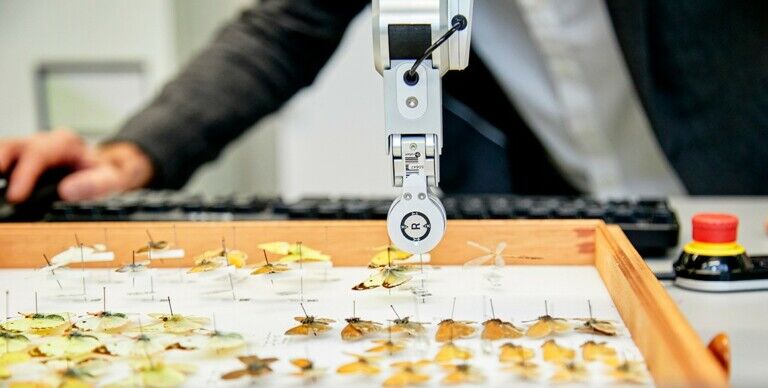London’s Natural History Museum is to lead a new £155 million programme to digitise the UK’s natural science collections.
The 10-year project is called DiSSCo UK. It is funded by UK Research and Innovation and led by the the Arts and Humanities Research Council. Around 90 museums across the UK are part of the initiative.
The UK’s natural science collections include more than 137 million items. Researchers use these objects to find solutions to global challenges such as biodiversity loss and food security.
Data set to solve ecological challenges
Per a press release, digitising these collections will create a huge data set for the next generation of environmental scientists to solve ecological challenges.
Science secretary Michelle Donelan said: “This programme will allow researchers in the UK and around the world to use museum collections to find solutions to global problems from helping scientists to design climate change-resistant crops, to identifying the location of future pandemics through the study of bats.”
The Natural History Museum cares for a growing collection of 80 million specimens, almost 6 million of which are already digitised and published.
In addition, the museum’s scientists are exploring whether a robot arm can move and take photos of specimens faster than a human. This would increase the scale, speed and impact of the UK digitisation project.
“More than 138 million specimens currently comprise the UK’s natural science collections, and are among the most diverse of their kind,” said the Natural History Museum’s director Doug Gurr.
He added: “Unlocking this treasure trove of data by embracing the latest advancements in AI and robotics is a truly game-changing opportunity, not just for the UK but for global science, generating impact across sectors, including food, health, energy and the environment. We are delighted to be leading this critical project.”
Images courtesy of the Natural History Museum
